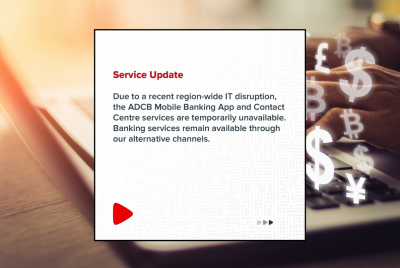Dimon's Dread: JPMorgan Boss Warns of 2026 Recession Despite GDP Surge
JPMorgan boss urges caution over global instability and fiscal overspending, challenging Wall Street's optimism amid strong GDP figures

Jamie Dimon, Chief Executive Officer of JPMorgan Chase & Co., has reignited fears of an economic downturn, warning that the United States could slip into recession in 2026 despite a robust GDP surge.
His remarks, delivered in a series of interviews this October, contrast sharply with Wall Street's prevailing optimism and have prompted renewed scrutiny of macroeconomic risks.
Dimon's Caution Amid Economic Resilience
In an interview with Bloomberg, Dimon stated: 'I think [a recession] could happen in 2026—I'm not worried about it, is a different statement. We'll deal with it, we'll serve our clients, we'll navigate through it. A lot of us have been through them before.'
This tempered outlook comes despite the US economy posting a robust 3.8% annualised GDP growth rate in Q2 2025, a figure that typically signals expansion rather than contraction.
Dimon's remarks stand in contrast to indicators like the Sahm Rule, which currently shows minimal recession risk.
The rule, which flags downturns when the three-month average unemployment rate rises 0.5 percentage points above its 12-month minimum, currently sits at a benign 0.13%.
Dimon's warning, however, reflects his preference for caution over complacency. His long record of risk management during crises gives his words unusual weight among global investors.
A Pattern of Prescient Pessimism?

This is not the first time Dimon has sounded the alarm. Over the past four years, he has issued five recession warnings, often citing inflation, geopolitical instability, and monetary policy uncertainty.
In 2022, he predicted a recession within six to nine months due to rising inflation and global tensions.
By late 2023, he was cautioning investors to brace for interest rates as high as 7%, suggesting a potential 'hard landing' for the economy.
Although some observers point out that the S&P 500 has frequently rallied in the wake of Jamie Dimon's recession warnings, his history of rigorously stress-testing JPMorgan's balance sheet and steering the bank through economic turbulence continues to lend credibility to his assessments.
Geopolitics, AI, and Fiscal Uncertainty
Dimon's latest warning is rooted in a broader concern about global instability. He cited factors such as the remilitarisation of the world, fiscal overspending, and geopolitical tensions as contributors to economic fragility.'
He also expressed scepticism about the short-term returns of artificial intelligence, noting that while AI will succeed in the long run, some of the money invested in AI will be lost.
Dimon added that the US government's ongoing shutdown was 'a bad idea,' further exacerbating economic uncertainty.
He warned of a potential 'sharp correction' in overheated stock markets. He called for greater global safety measures, even controversially suggesting that nations should prioritise stockpiling military assets over speculative investments.
Market Shrug Off The Warning
Despite Dimon's cautious tone, investor sentiment remains upbeat. The S&P 500 gained 1.34% in October 2025, defying his forecast as traders bet on continued growth and disinflation. This divergence underscores the persistent gap between executive caution and market exuberance.
Dimon's comments also arrive as central banks, including the Federal Reserve and Bank of England, grapple with inflation control and asset valuation concerns.
The Bank of England recently flagged that valuations of AI tech firms 'appear stretched,' echoing Dimon's concerns about speculative bubbles.
A Warning Worth Watching
While Jamie Dimon's recession forecast may not align with current economic indicators, his reputation as a seasoned crisis navigator makes his caution noteworthy.
His emphasis on preparedness, geopolitical awareness, and fiscal discipline offers a sobering counterpoint to bullish market sentiment.
As 2026 nears, investors and policymakers may find value in Dimon's advice, not as prophecy, but as prudent foresight from one of banking's most seasoned crisis navigators.
© Copyright IBTimes 2025. All rights reserved.



















